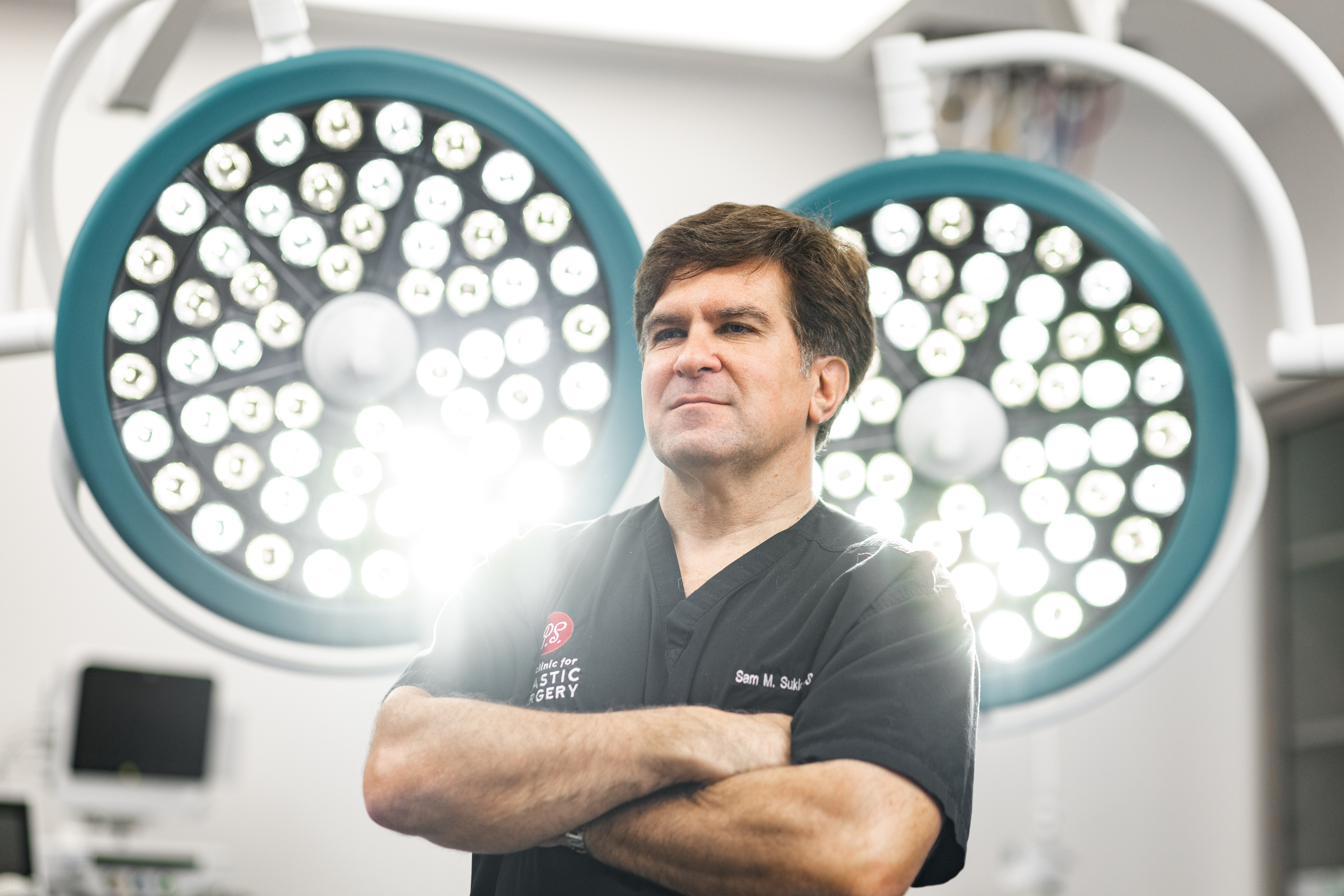Alright – so today we’ve got the honor of introducing you to Dr. Sam Sukkar. We think you’ll enjoy our conversation, we’ve shared it below.
Dr. Sam, looking forward to hearing all of your stories today. Do you think your parents have had a meaningful impact on you and your journey?
Being the son of a first-generation immigrant to the U.S. played an integral role in my upbringing. In a way we had the best of both worlds: a very Anglo maternal side, as well as a different, foreign paternal side. We fit in, but we also did not. What seemed to be a liability at times ended up being the greatest asset we could imagine. Anyone who has spent time with my parents realizes they are interacting with people who have a high level of intelligence. While we grew up comfortable, there was not always an abundance of financial capital, but the educational and social capital in our family and household was overflowing. Early travel allowed us to experience other cultures, countries, and ways of life. For me at least, this stoked a fire deep inside to succeed. Many motivational talks and life discussions occurred at the kitchen table, and while close tabs were kept on us during our developing years, we can see now why this was so important.
It is important to celebrate our successes. A realization of who this success stemmed from is also important. Without our parents’ guidance, we would have never had the environment that was so crucial to allow us to reach our best potential. Sacrifices and compromises to our parents lives were made for our benefit. Some of my parents unfulfilled dreams were never allowed to die; they passed them onto us, and it has been my honor to help bring them to completion.
In fact, we were so grateful for our parents that we started a scholarship at LSU in their name. I see the scholarship as a family legacy that will hopefully live on in perpetuity. This commitment sends the same message of education, hard work, and giving back that my parents instilled in us. Since our story began with our parents and how they met at LSU, what could be better than to establish this in their name?.
Some of the most important lessons we learned growing up came from my dad. We could always count on him to keep us in line.
How about a few lines from the book of Jiddo (Grandfather in Arabic) :
1. When we tried to justify an ill-perceived act that they disapproved of, we would hear:
“The road to hell is paved with good intentions.”
2. When we felt like we weren’t measuring up, “The cream always rises to the top.”
3. When the mountain seemed too high, “Nothing worthwhile in life is easy. If it were, anyone could do it.”
My parents are Givers. Find your own way to give back. It doesn’t really matter what the currency is—social, financial, healing or faith—the important thing is to give back in whatever way that you can.


As always, we appreciate you sharing your insights and we’ve got a few more questions for you, but before we get to all of that can you take a minute to introduce yourself and give our readers some of your back background and context?
Believe it or not, I started my very first job at 10 or 11 years old. I worked for BREC, the Recreation and Park Commission for the Parish of East Baton Rouge. I was the official scorekeeper for all the baseball games at the park just 2 miles from my house. Before every game, I would fetch a big cardboard box containing all of the bases, home plate, and my scorebook, and then balance it on the handlebars of my bike. Riding a bicycle while balancing a heavy box is not easy, but somebody had to do it. I would get to the diamond early and set up the bases, and then when the game began, I would sit in the dugout and keep score. Then, around 9 p.m., when the game ended, I would pack up my box and ride my bike the 2 miles all the way home. I did this for the entire summer, and ever since then, I’ve always had a job. I’ve done landscaping in the Louisiana heat and humidity. I’ve worked at a yogurt shop, a pizza parlor, and later a Lions Eye Bank when I was a medical student. At the eye bank, my job was to surgically harvest the donated corneas from patient donors at the hospital and safely transport them so eye doctors could transplant them. Since I started working at such a young age, it really instilled in me the importance of a great worth ethic. These jobs taught me that if I worked hard enough, I could accomplish whatever I was striving toward, and I’m not afraid to get my hands dirty to do it either.
At the age of 10, I’m sure I was just working to buy a new comic book or an Icee, but no matter what I bought back then, I always felt more accomplished when I used the money I earned myself. Through these jobs, I’ve also learned that I’m also a bit of what I like to call a “structured visual perfectionist,” and I approach anything I do with that mindset. For example, I worked at a yogurt store in college, and my shifts would often be from 4-11 p.m., after my classes. One day, I showed up to work, and the store owner was there, which seemed pretty unusual since I hardly ever saw them. As I walked in, the owner asked me, “Who cleaned the bathroom last night?” My stomach dropped. I was the one who cleaned the bathroom. “I did,” I said. “How did you get that stain out of the sink?” the owner asked me. “With some Comet and a rag,” I replied, nonchalantly. Apparently, that stain had been there for forever, and my boss was so impressed that I could remove it that they gave me a 30-cent an-hour raise, on the spot. I wasn’t trying to impress my boss or get more money, I just thought that I couldn’t actually consider the bathroom clean if there was a stain in the sink.
This attention to detail and desire to do things in the best way possible has carried over from these childhood jobs to my career today. You may have seen it in our newsletters, but one ofthe common hashtags we use here is “beauty is in the details,” and we mean it when we say that. I want everything I do to look as best as possible, from my surgeries to how I designed our building — even our bathrooms. Steve Jobs once said, “You can’t connect the dots looking forward; you can only connect them looking backward,” and looking back now, I’m incredibly thankful for all of the jobs I had as a young person because I can see they provided those “dots” in my life that ultimately aligned to become the qualities in me that I’m so proud of today. Here’s to collecting as many dots as possible – you never know how they might connect someday and make a great, unexpected impact on your life!

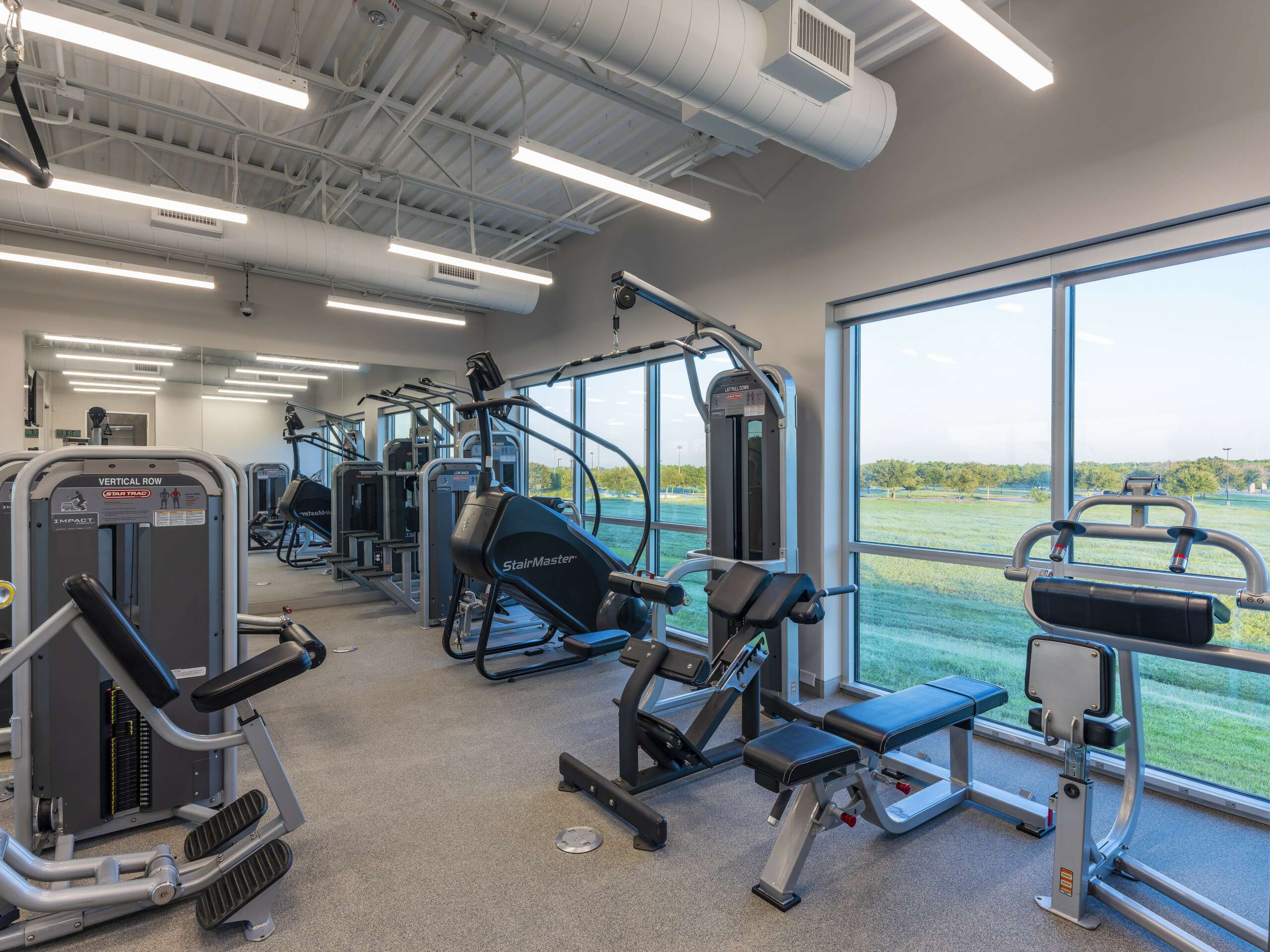
Are there any books, videos, essays or other resources that have significantly impacted your management and entrepreneurial thinking and philosophy?
I am an avid learner, and I consider lifelong learning to be both a passion and a stimulation. I particularly enjoy audio books as well as podcasts because I drive a lot and don’t have dedicated time for formal book reading. Two of the most influential books that I have come across are: 1. Traction by Gino Wickman, which Promotes and outlines the EOS system which stands for the entrepreneurial operating system. This process puts a structure to running a business and helps develop a vision statement, core values and put in place a strong leadership team. It also promotes an accountability chart which helps to define roles throughout the organization, so that proper responsibilities can be assigned Structure goes well with the way I like to approach problems and it is allowed me to stratify the business into different modules so that each module can be tweaked and optimized over time. I think it’s also good for staff because it allows them to see the big picture and see what the long-term goal for the company is. If I had this book and knowledge 20 years ago, I think I could’ve been much more effective as a leader and helped get to the desired outcome quicker. I do believe however, that life is a journey and that while we may have goals in our mind often times when we reach these goals we have reset the goalpost and, this goes along with the concept of always learning, and always striving for a higher level of existence. That doesn’t mean that we should not celebrate our successes and look back to see how far we have come. I do like the saying that as we are climbing to the top of the mountain to reach our goal undoubtedly, when we get there, we will realize that we can see even farther, and this is a good representation of resetting the goalpost.
2. The other book that I really enjoyed and have implemented is a book called Profit First. This is a monetary envelope system which many of our previous generations have used, but using a digital approach. The concept of putting your financial house in order both in a business, and on a personal level is a very important one when running a business, and this system allows for that. By stratifying operating income into various subcategories, it allows the funding of different aspects of the business and forces you to adjust the business as a result. This approach also leads to no surprises as all operating expenses are accounted for and planned for. Placing money where it needs to be so that it is available when it is needed is a very important concept, and putting money into several different bank accounts helps to keep the money from being spent on things that aren’t really necessary to run the business. For example, a business with only one bank account could at times find itself in a perceived sense of abundance and make a decision to purchase capital equipment in the moment, only to find out later that that money that was there was really for rent payroll, tax obligations or variety of other business expenses. A better approach would be to have a capital expense account and fund this on a weekly basis with a percentage of operating income, that was in excess of what was needed to run the business. If there was no excess that week or that month, then no money would be put in the capital expense account. When the capital expense account reaches the amount needed to purchase the desired equipment then that decision could be made and carried out. This is definitely a more proactive way to run the business, rather than always looking back over what has already transpired. This approach has been life-changing, not only in the business arena, but also in the personal world and being prepared for a variety of unexpected surprises definitely decreases the level of stress when it comes to the financials.
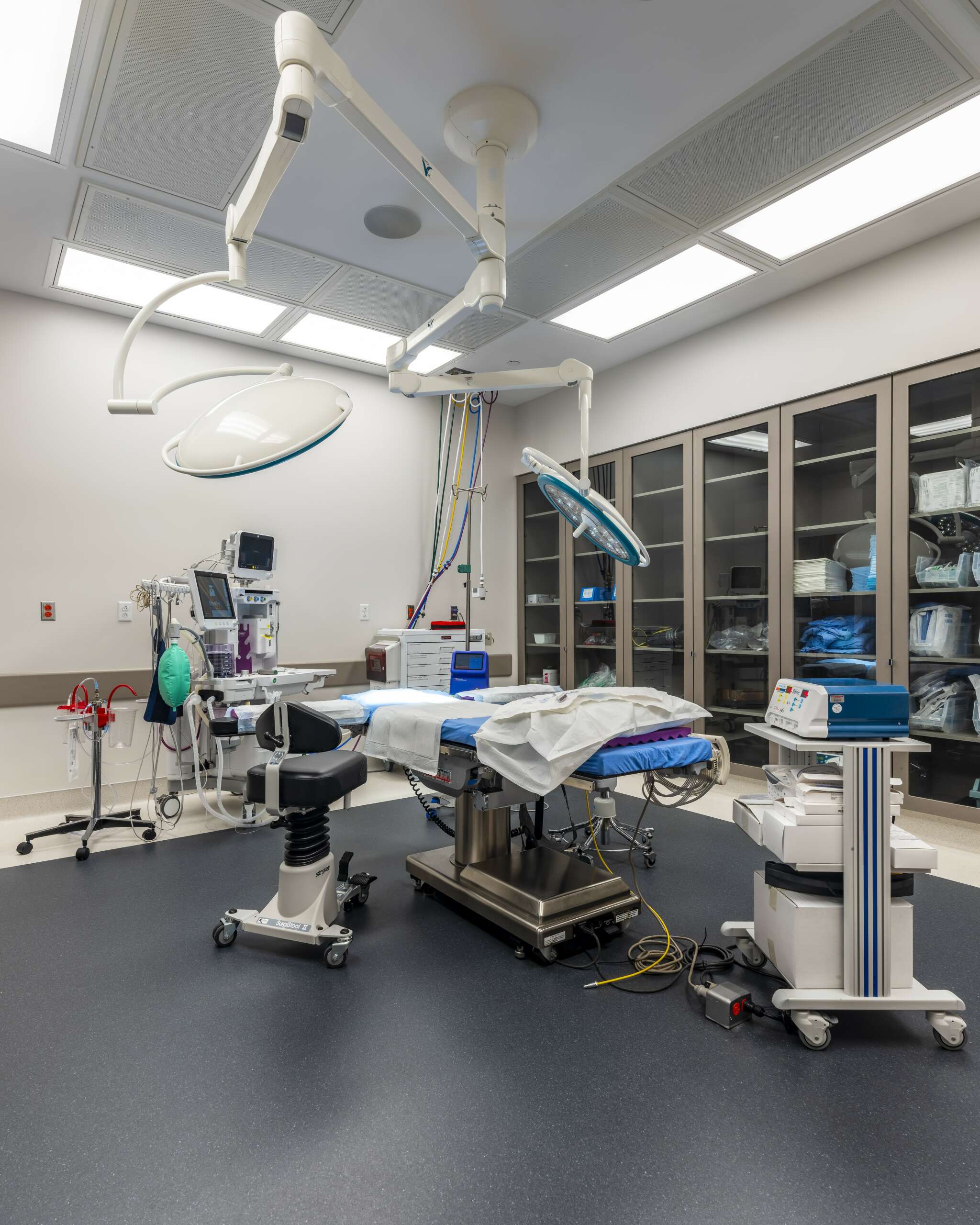
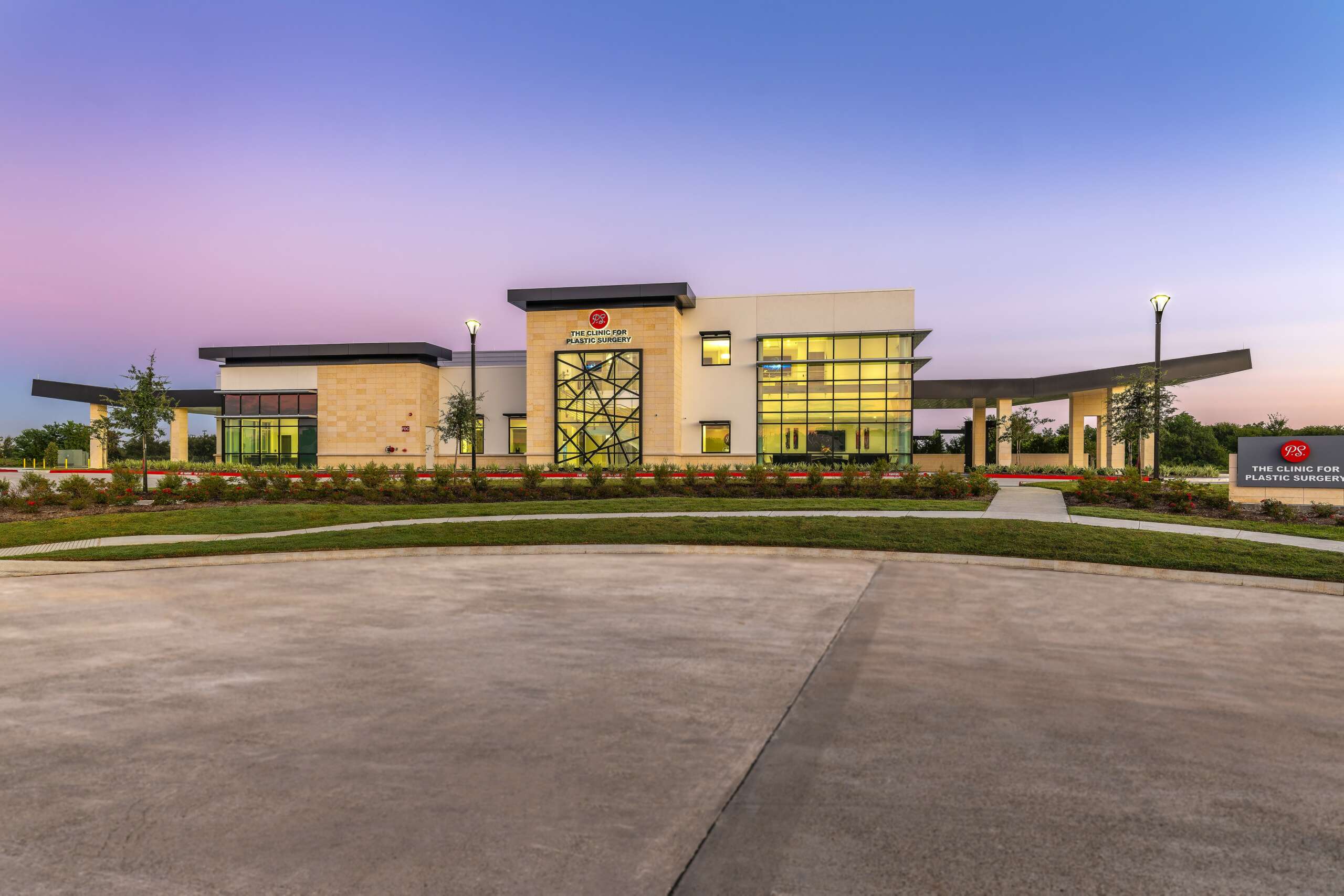
Training and knowledge matter of course, but beyond that what do you think matters most in terms of succeeding in your field?
The most important factor in long-term success in my profession is gathering training and assembling a team to help support and run the business on a daily basis. With this type of structure it created freedom for me to do what I do best for the company and allowed others to succeed in their field of expertise. It takes many support staff to run a successful practice and egocentric behavior is not only unhealthy, but also a hindrance to practice growth. This took many years to learn unfortunately, because most surgeon personalities are very strong and driven and it’s hard to admit that someone could do something better than we can. But once this mind set was adjusted it was amazing to watch as the company began to flourish because I was no longer the bottleneck for future progress.

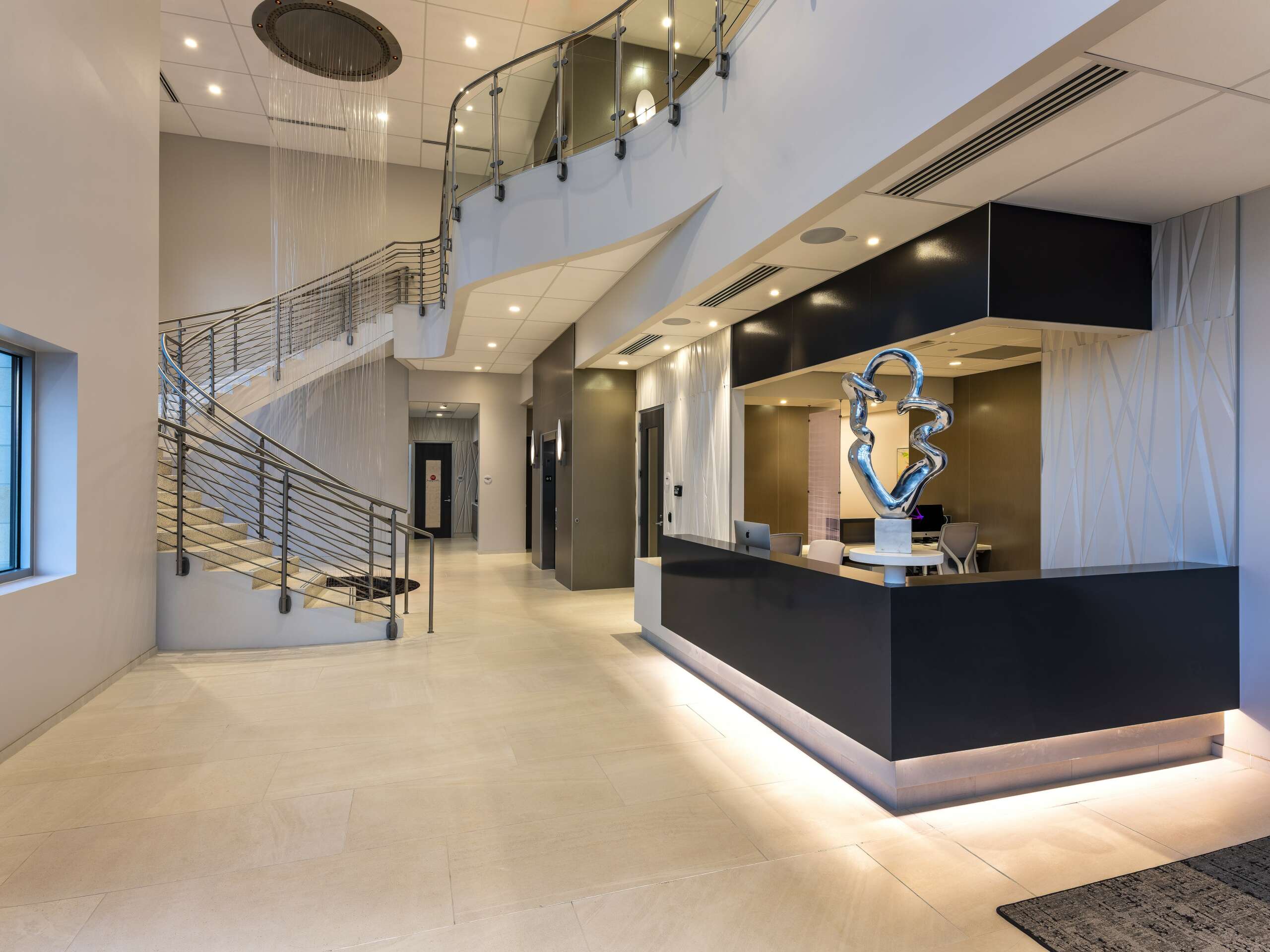
Contact Info:
- Website: www.drsukkar.com
- Instagram: https://www.instagram.com/theclinicforplasticsurgery/
- Facebook: https://www.facebook.com/theclinicforplasticsurgery
- Linkedin: https://www.linkedin.com/company/drsamsukkar-the-clinic-for-plastic-surgery-psmedspa/
- Twitter: https://twitter.com/SukkarPlasticMD
- Youtube: @theclinicforplasticsurgery
Image Credits
O’Donnell/Snider Construction, LLC & Browne McGregor Architects, Inc.


